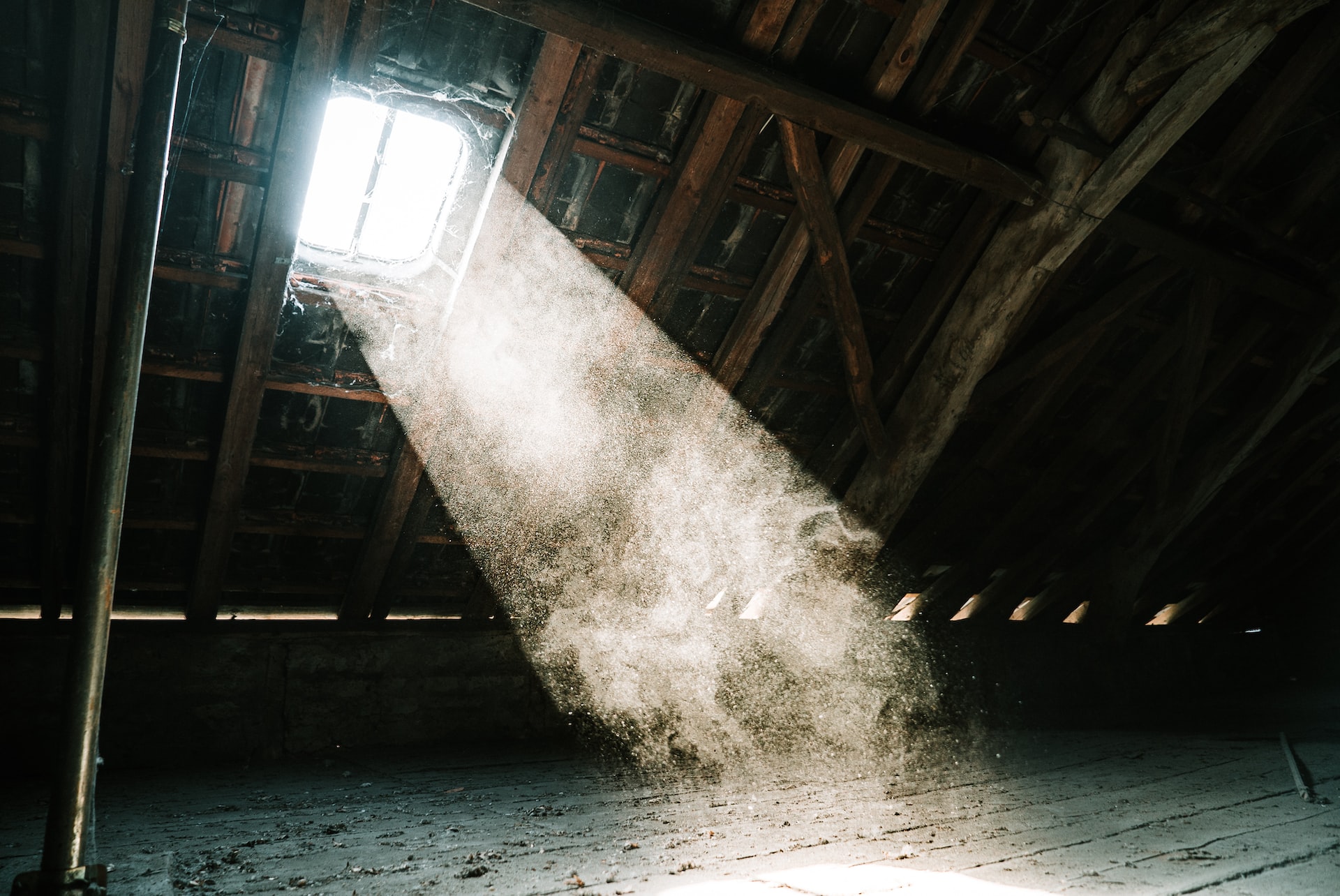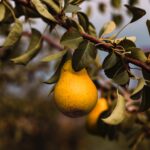by Nicole Yurcaba

In Alison Powell’s Boats in the Attic, the past and the present merge and clash together like rising continental plates smashed together in the sea. A wooly rhinoceros emerges from a tar pit in 1930. A transhumanist philosopher changes his name to a series of letters and numbers. A speaker with an apocalyptic mind recognizes that the climate crisis is undeniable despite humanity’s willingness to remain ignorant of its consequences.
“Missing File #1 Woolly Rhinoceros / Ancient Cavity Tooth” is a poem the early-20th century French poets who experimented with prosaic forms would envy. It consists of block-style stanzas, each harboring their own brief tale about the rhinoceros, the ancients, and current events. Enclosed in the poem is a commentary about the brevity of existence and individualism. One particular line embodies this idea: “The scientist / has no scientific name; in this he is like the Palaeolithic artist. / Today a person goes by many names, official, gendered, mated, / or otherwise.” Shortly thereafter, the speaker observes, “Yesterday Russia began air strikes against Syria.” In the context of current events, the poem harbors another message–about the historical imperialism to which Russia has subjected the world.
“The Book of Revelation” is a lengthy, scattered poem blending biblical imagery with a speaker’s personal reflections. The experimental structure relies on spacing, tabbing, stacking to disrupt the narrative and disorient the readers. It bears striking lines like “someone has piled / an eternity of black hair” and “I dream of apocalypse.” Two well-hidden lines buried deep within the poem display the collection’s overall message: “Maybe the story of destruction / is also the story of salvation.” It’s an interesting theory the speaker posits, especially as they examine and re-examine personal and societal disaster caused by humanity’s folly.
“The Ortolan Bunting” is another of the collection’s prosaic masterpieces. Ortolan is considered a French delicacy. However, its preparation is considered inhumane in the US; therefore, preparation and consumption of ortalan in the US is illegal. The poem’s speaker depicts a dying president’s meal of ortolan bunting. The speaker describes the bird as “a gray seducer of kings and emperors.” The speaker also acknowledges the cruel, barbaric way in which the birds are consumed: “Maybe it’s not to want to be God to use what God gave you, not / sinister nor hubristic to place the body in your mouth and pierce / the head with your front teeth like a stapler.” In this, the poem examines humankind’s land and wildlife abuses in pursuit of momentary, fleeting pleasure. With this in mind, readers can also read the entire poem as an allusion to the ortolan bunting’s often-debated endangered species status.
Many of the poems read as though Lola Ridge had gone on a wilderness adventure and returned with a notebook filled with taxonomical observations. Nonetheless, like Shawn Hoo’s of the Florids, Boats in the Attic won’t be for everyone. Similarly to Hoo’s collection, the poems in Boats in the Attic rely on experimental forms, and while the obscure natural histories and events are intriguing, the forms often detract from the poems’ narrative power. Like the initial site of an anthropological dig, these poems are difficult to open, and some require more than one reading to gather specific clues about the speaker’s — and the poem’s — intention.
Nicole Yurcaba (Ukrainian: Нікола Юрцаба–Nikola Yurtsaba) is a Ukrainian (Hutsul/Lemko) American poet and essayist. Her poems and essays have appeared in The Atlanta Review, The Lindenwood Review, Whiskey Island, Raven Chronicles, West Trade Review, Appalachian Heritage, North of Oxford, and many other online and print journals. Nicole teaches poetry workshops for Southern New Hampshire University and is a guest book reviewer for Sage Cigarettes, Tupelo Quarterly, Colorado Review, and The Southern Review.



Add your first comment to this post